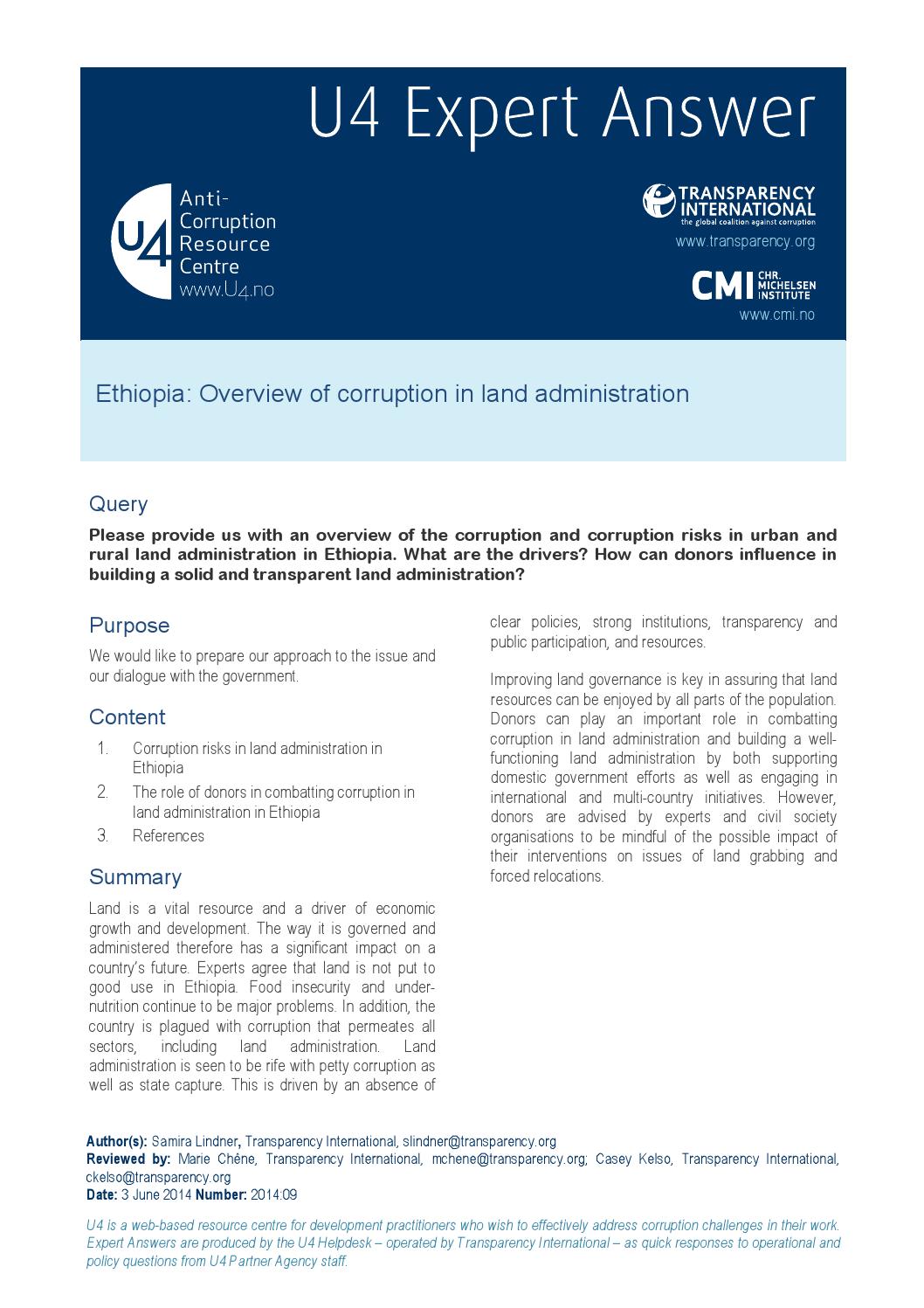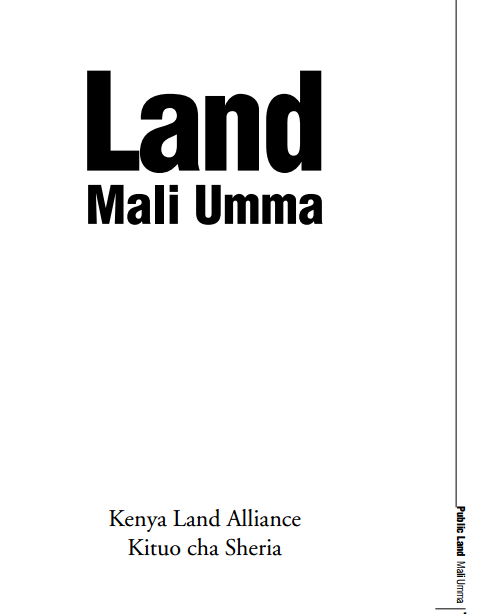Women's perceptions of tenure security
This report uses household-level data from 33, mostly developing, countries to analyse perceptions of tenure insecurity among women. We test two hypotheses: (1) that women feel more insecure than men; and (2) that increasing statutory protections for women, for instance by issuing joint named titles or making inheritance law more gender equal, increases de facto tenure security.








